Craving miniature gadgets might be in our cavemen DNA

We all want thinner, tinier gadgets (not the screen, mind you) – the iPad and its followers are the first example that comes to mind, but what if we told you that it’s not our refined sense of aesthetics, but our cavemen instincts that speak here? Don’t take our word for it - psychologist Dr. Colin Gill explains his belief that humans and particularly males, have a tendency to simplify and streamline their lives:
“We wanted things to be small and functional, something easy that could be hung from a belt, so we could concentrate on hunting antelopes. Therefore men are pre-conditioned to want things smaller, and easily portable. So it is men in particular who drive this design emphasis for things to be smaller.”
Hm, we can’t quite imagine an iPhone 5-equipped geek hunting an antelope, but Dr. Gill has a plan B theory: “It is also probable that this idea developed alongside religious institutions,” he adds. “The idea of not having material wealth is not just practical, but spiritually, believed to be a very good thing.”
In either case, from a design stand-point minimalism has taken off big time with “thinnest” titles thrown around like never before. It’s not just inscribed in our DNA as Gill theorizes - minimalism also acts as a therapy as it is something associated with the removal of excess elements and thought out engineering.
“When it comes to product design we want to focus on what matters, and forget any excess… pack as much as possible into a small space, with the aim of getting the most function from your form,” designer Rosie Enock explains. And it’s a practical implementation of form for futuristic implanted gadgets, isn’t it? At the very least, this piece of psychological and design insight might indeed be a therapy you could use after spending a couple of hundreds of dollars for your next super slim handset.
source: Humans Invent
In either case, from a design stand-point minimalism has taken off big time with “thinnest” titles thrown around like never before. It’s not just inscribed in our DNA as Gill theorizes - minimalism also acts as a therapy as it is something associated with the removal of excess elements and thought out engineering.
source: Humans Invent
Follow us on Google News



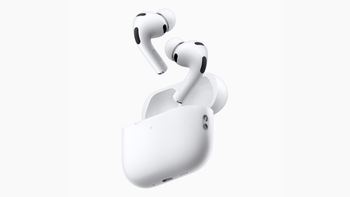
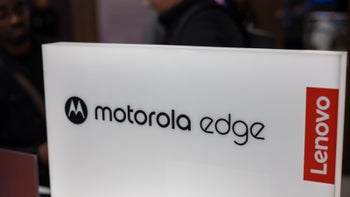


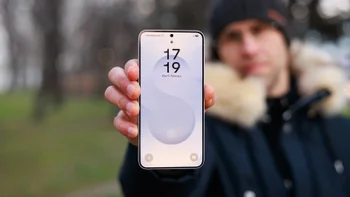
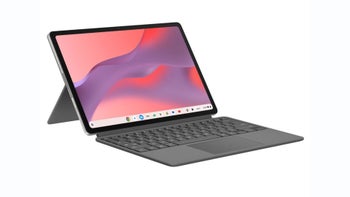



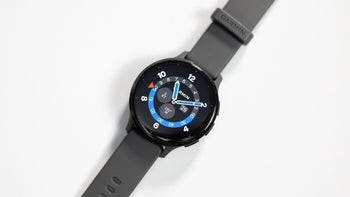
Things that are NOT allowed:
To help keep our community safe and free from spam, we apply temporary limits to newly created accounts: